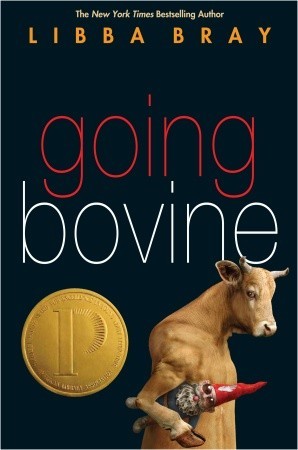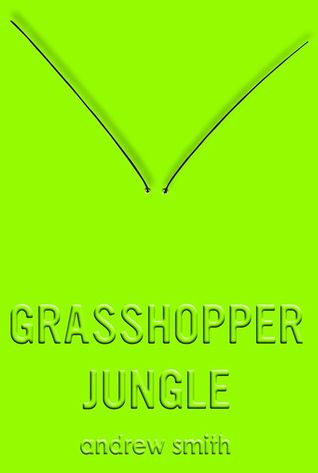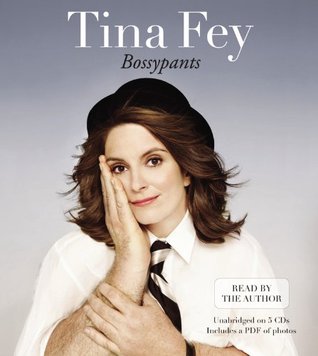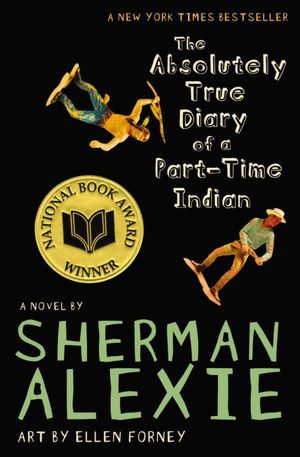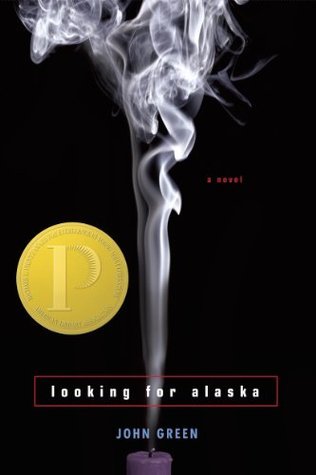War Dances is a 2010 Pen/Faulkner Award winning collection of short stories, poems, and essays. The opening story, "Breaking and Entering", made the biggest impact on me. B&E forces us to face the many angles of racism. A young African American teenager breaks into a home to steal whatever he can. The homeowner, a Native American, is working from home and surprises the burglar armed with a baseball bat for protection. The would-be thief lunges at the homeowner, who swings the bat and connects with the young man's head, killing him. Suddenly the victim becomes perpetrator...an assumedly white man taking another black teen's life. When the man attempts to correct the record about his own race, he appears calloused and self-centered. Everything goes wrong.
Don and I listened to most of this book on our way home from a long weekend in Vancouver, B.C. I remember listening to the story above while we were in the longest, slowest border crossing coming back into the US. The long lines reminded me how much we have come to distrust other people today. Just like in the story. Alexie read his own work for the audiobook and I enjoy listening to him speak, and the cadence of his voice. Don and I found we had a lot to talk about in between stories and poems, making our trip home a bit less tedious.
Flight---The protagonist of Flight is a 15-year-old foster care drop out who is half Indian. He answers to the name "Zits". Angry and lonely, Zits is well-known to the police. When he teams up with a boy aptly named Justice, whom he meets in jail, Zits thinks he has finally found a friend. What he finds instead is even bigger trouble as he decides to shoot up and rob a Seattle bank. At this point in the book -- just when you think Zits is dead -- he takes flight and time-travels back to specific, earlier points in American history where he experiences events that have fueled his anger and frustrations. Instead of dying in the bank that day, Zits gains insights which will serve him well in a new and different future, one in which he even enjoys a real name.
If you have not read Sherman Alexie, I should warn you that he does not spare profanity in his writing. Alexie would probably say these are just words. Zits is an angry young man with good reason: he's been abandoned by his parents, society, and his culture. The ample profane language makes sense, yet still induces some shock. I really like the way this story comes back around, making a full circle, leading Zits to the way out of his situation. If only everyone was so lucky!
One funny note about the audiobook of Flight. The voice actor, Adam Beach, kept mispronouncing a word. One of the settings in which Zits finds himself is at the Battle of Little Big Horn, Beach kept pronouncing the word CAVALRY as CALVARY. Don and I couldn't believe the editors of the audiobook never picked it up and fixed it. There is quite a difference between the two words. Ha!
I am never quite sure if I should say I "like" Alexie's books. Did I like these two books? Hmm. I am not sure, but I certainly did appreciate their messages and I'm glad I read them.
The Shepherd of the Hill book club discussed Alexie and his books during our April meeting. Most of the women selected The Absolutely True Diary of a Part-Time Indian from the five choices, a YA novel many think is semi-autobiographical about a young Indian boy growing up on a reservation outside Spokane. When the main character decides to attend high school off the reservation, a line is drawn in the sand. Junior is no longer fully accepted at home on the "Res" (pronounced Rez) and the only other Indian at his high school is the school mascot. He becomes a half-time Indian. I was surprised at the turn the book discussion took. Many gals said they didn't like the tone of Alexie's books. He seemed too angry, they thought. Helen, the host in charge of leading the discussion, kept trying to bring the discussion back around to the story. We ultimately were able to sway the thinking of some members to a more compassionate point of view. Alexie allows himself to be a lightning rod, drawing attention to issues American Indians face in our society. Often, his writing is very provocative, intended to make readers feel uncomfortable (especially, people who are white and relatively affluent!).
During the evening with Sherman Alexie last night, unlike other author events I've attended, Alexie talked very little about his books or even about writing. He mainly told humorous and poignant stories and related how he collects stories from everyday life experiences, some disturbing, all thought provoking. In the end he drew all his stories together by emphasizing how important books and reading are to transport and transform lives. "The smartest and most compassionate people," he said, "are those who read the most." He ended the evening with the chant, "BOOKS! BOOKS! BOOKS!"


















